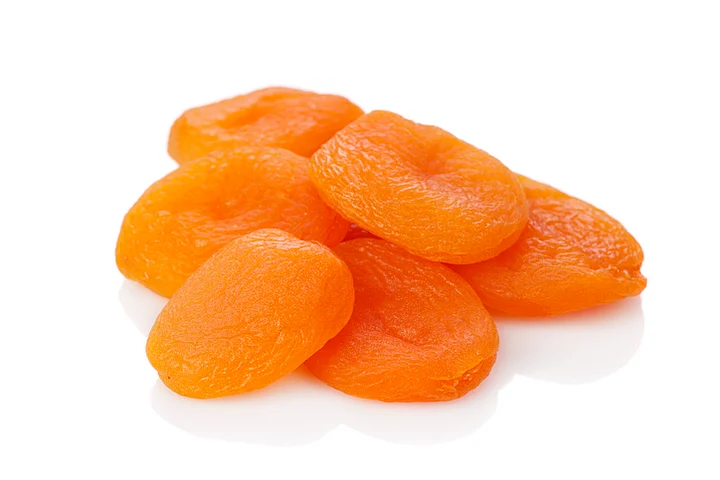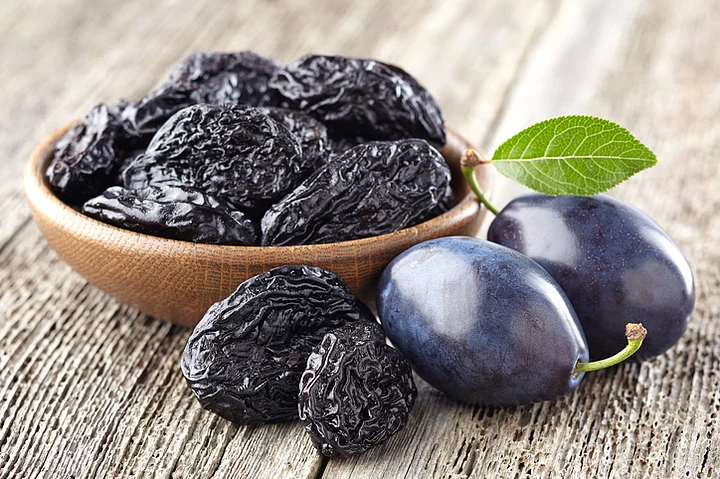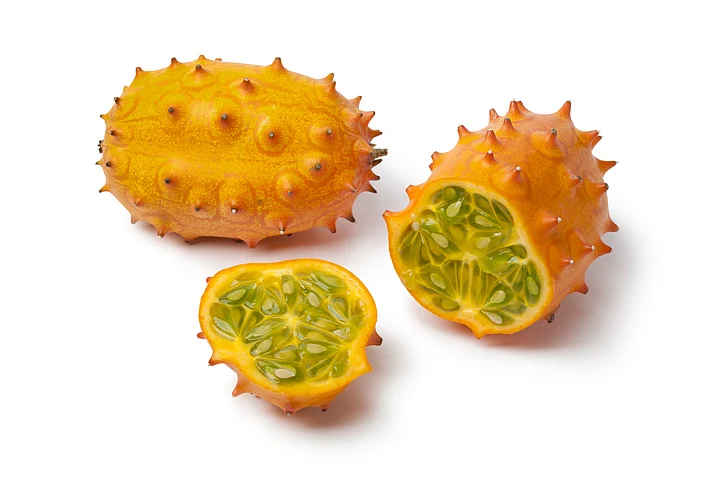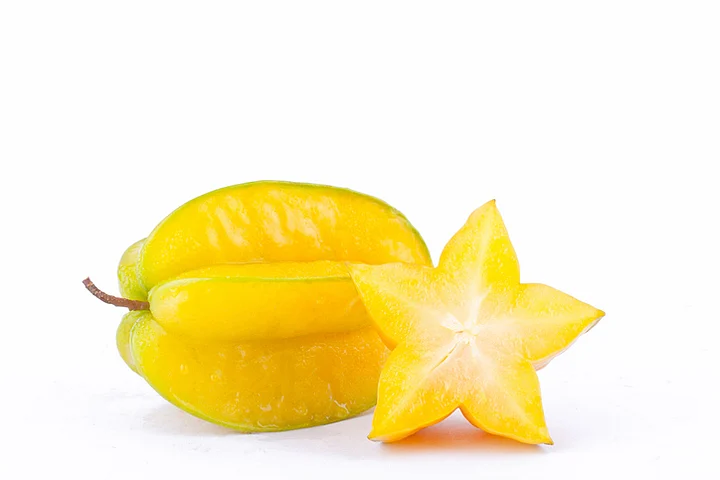Health Benefits of Kiwano: Kiwano melon or Cucumis metuliferus is a tropical fruit that grows in the central and southern parts of Africa. It has a thick outer skin that is bright orange in color and covered with small spiny projections called horns. The inside of the fruit is gelatinous, lime-green, or yellow, and contains a multitude of edible seeds. Other names of this exotic fruit are horned melon, jelly melon, and African horned cucumber.
Although kiwano melon is not a common fruit, it is rich in essential vitamins and minerals and may be beneficial to human health. The fruit is low in calories and water-rich, and contains antioxidants such as Vitamin C, Vitamin A, zinc, and lutein. The seeds also contain organic forms of Vitamin E, which are known as a-tocopherol and β-tocopherol. Let us read about some of the top health benefits of Kiwano below.
7 Health Benefits of Dried Apricots

7 Amazing Health Benefits of Kiwano
Following are some of the impressive health benefits of Kiwano.
1. Boosts Immunity: A-tocopherol, an antioxidant in kiwano, aids the body's defense system and prevents blood clotting. It also safeguards cells against damage from free radicals, and strengthens the immune system.
2. Prevents Anemia: Iron, abundant in kiwano, aids the body in producing hemoglobin, a protein that transports oxygen in red blood cells. It also contributes to the production of myoglobin, a protein that supplies oxygen to muscles. Kiwano contains non-heme iron, which is better absorbed when consumed with Vitamin C, also present in kiwano.
3. Maintains Electrolyte Balance: Electrolytes, including calcium, sodium, and potassium, are essential minerals that enable proper nerve and muscle function. Imbalances in electrolyte levels can disrupt normal bodily functions and pose life-threatening risks. Kiwano contains magnesium, which plays a crucial role in regulating blood pressure and preventing heart disease. Low magnesium levels have been found to be linked with heart disease and heart failure.
4. Promotes Heart Health: Magnesium, a mineral found in kiwano, plays a vital role in maintaining a healthy heart. It aids in the prevention and treatment of heart disease and helps regulate blood pressure. Low magnesium levels may contribute to many heart diseases.
5. Enhances Skin Health: Vitamin C, present in kiwano, contributes to healthy skin by protecting it from sun damage and minimizing the effects of natural aging. It also aids in the healing process of wounds and burns. Consuming more fruits and vegetables like kiwano can help improve skin conditions such as hyperpigmentation, caused by sun damage.
6. Supports Bone Health: Magnesium, abundant in kiwano promotes bone health. Magnesium deficiency is associated with Osteopenia and weak bones. Postmenopausal women who lack sufficient magnesium may experience accelerated bone loss or reduced bone mineral density.
7 Health Benefits of Prunes

7. Regulates Blood Sugar: Kiwano has a low glycemic index, preventing sudden spikes in blood sugar levels. Additionally, the magnesium in kiwano aids in blood sugar regulation. Individuals with low magnesium levels may develop chronic complications from diabetes. Low magnesium is also linked to insulin resistance, where the body struggles to effectively utilize insulin. Increasing magnesium levels in people with diabetes has been shown to improve blood sugar control.
(Disclaimer: Parts of this article were generated by AI and published after the content was editorially modified and verified by a human based on their own judgement and expertise. The Quint does not publish AI-generated content without direct human involvement and oversight).
(At The Quint, we question everything. Play an active role in shaping our journalism by becoming a member today.)

